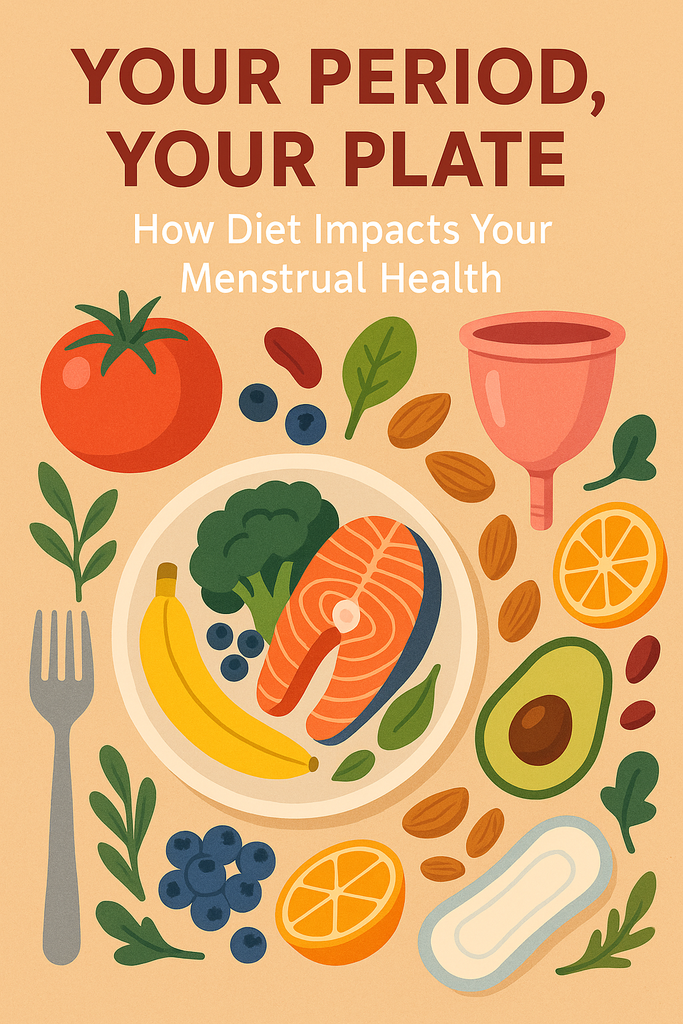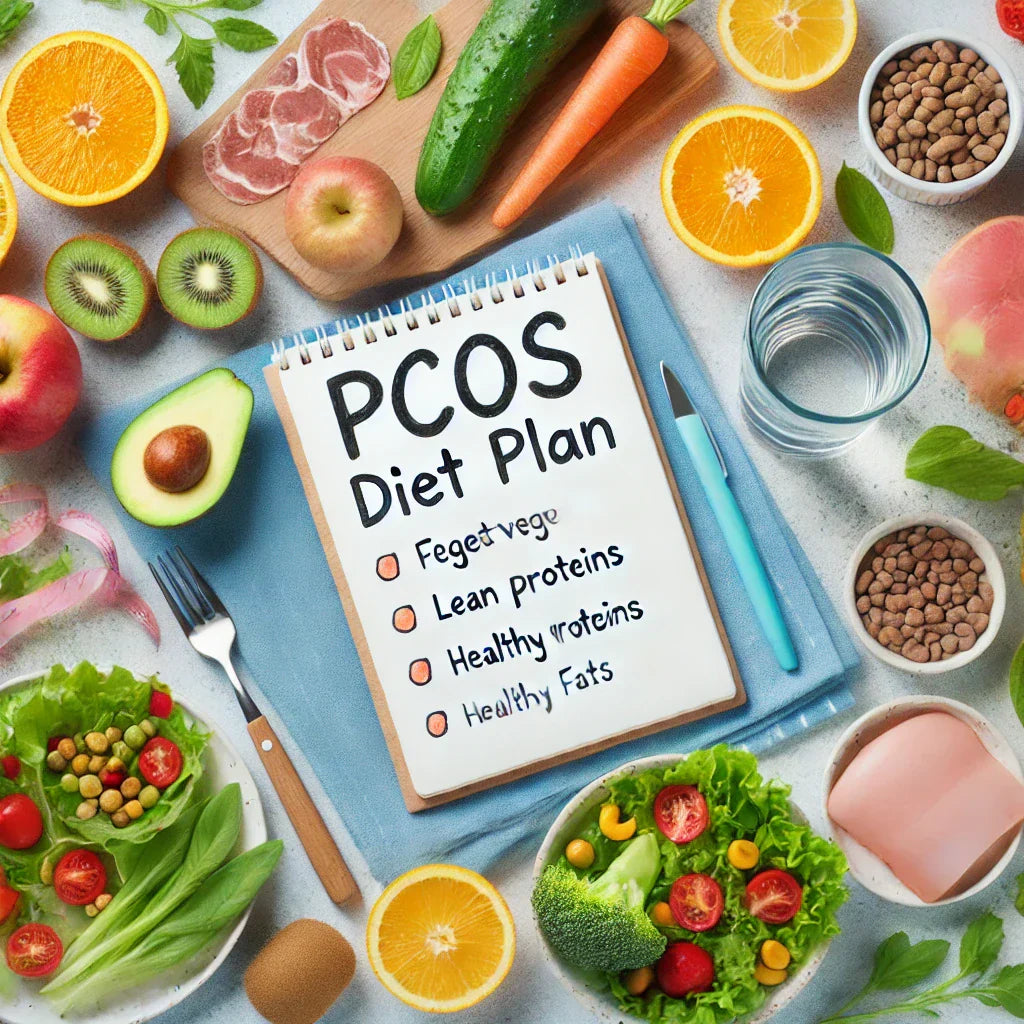News — PCOS nutrition
Your Period, Your Plate: How Diet Impacts Your Menstrual Health
antioxidants menstrual health calcium vitamin D cycle endometriosis diet fiber estrogen balance foods to avoid period hormone balance hydration bloating iron deficiency magnesium cramps menstrual cycle nutrition menstrual health nutrition for periods omega-3 fatty acids PCOS nutrition period diet period pain diet period-friendly meal plan PMS relief vitamin B6 PMS women's health diet
Menstrual health is influenced by a complex interplay of hormones, lifestyle factors, and nutrition. While genetics and medical conditions play their roles, your daily food choices can have a profound impact on the quality of your menstrual cycle. From easing PMS symptoms and regulating cycles to reducing cramps and supporting hormonal balance, what you put on your plate can serve as a powerful tool for menstrual wellness.
Understanding how specific nutrients affect your cycle allows you to nourish your body in a way that supports smoother periods and overall reproductive health. In this article, we’ll explore the science-backed connections between diet and menstrual health and provide practical guidance for building a period-friendly eating plan.
PCOS Diet: A Personalized Approach to Nutrition for Managing Symptoms
anti-inflammatory foods fiber for PCOS glycemic index healthy eating hormone balance insulin resistance low-GI foods managing PCOS meal timing for PCOS omega-3 fatty acids PCOS and blood sugar PCOS and hydration PCOS and weight management PCOS diet PCOS natural remedies PCOS nutrition PCOS symptoms personalized PCOS diet portion control supplements for PCOS
Polycystic ovary syndrome (PCOS) is a common hormonal disorder that affects millions of women worldwide. Characterized by irregular menstrual cycles, ovarian cysts, insulin resistance, and excessive androgen levels, PCOS can lead to a range of health issues, including infertility, weight gain, and metabolic complications. While there is no definitive cure for PCOS, adopting a personalized diet can help manage its symptoms and improve overall well-being.
Nutrition plays a pivotal role in balancing hormones, improving insulin sensitivity, and reducing inflammation, all of which are critical for managing PCOS effectively. A well-structured, individualized diet that focuses on nutrient-dense foods and eliminates processed sugars can significantly alleviate symptoms and enhance fertility. This article delves into the essentials of a PCOS diet, highlighting key foods, macronutrient balance, and lifestyle adjustments to create a sustainable, symptom-managing eating plan.


